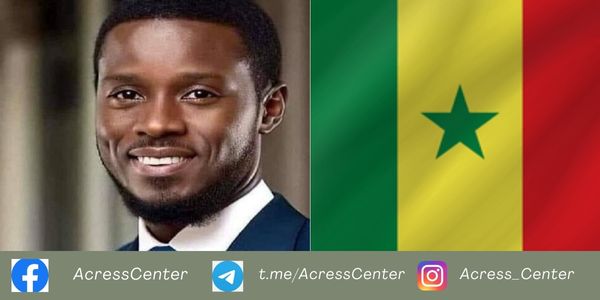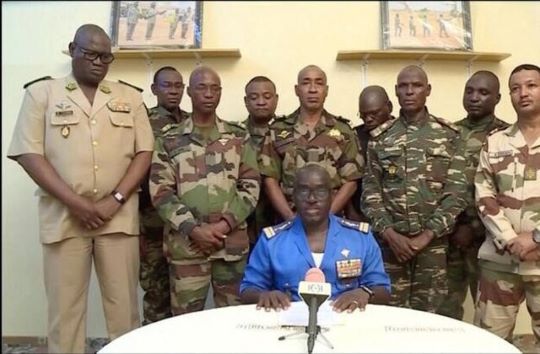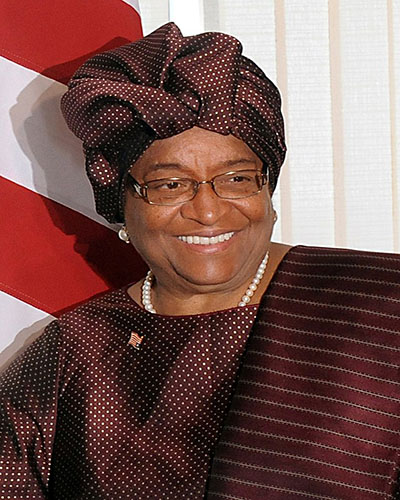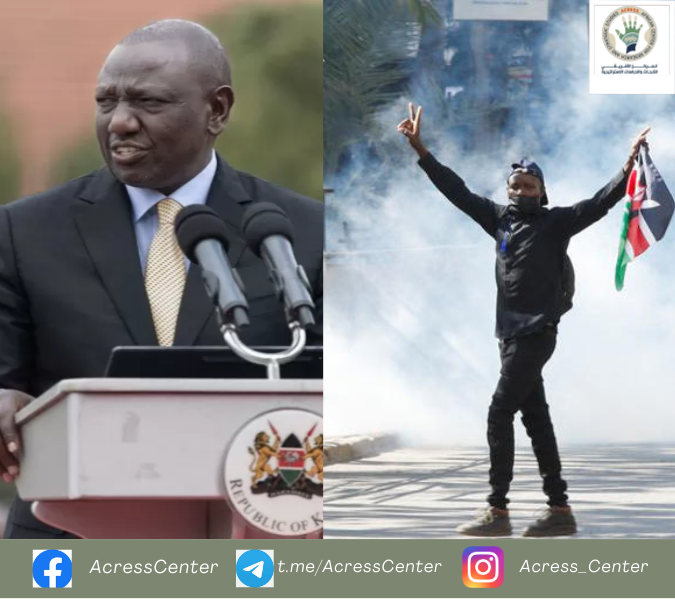
Monday, March 25, 2024
The unofficial preliminary results of the Senegalese presidential election indicate that the opposition candidate, Bassirou Diomaye Faye, won and defeated the ruling party candidate and former Prime Minister, Amadou Ba.
Amadou Ba, the candidate of the ruling Benno Bokk Yakaar (BBY) coalition, admitted Monday, March 25, his defeat against his rival Bassirou Diomaye Faye. Government spokesman Abdul Karim Fofana announced that "Amadou Ba phoned Bassirou Diomaye Faye to congratulate him and pray for him," according to the John Africa website. “In light of the trends of the results of the presidential elections and pending the official announcement, I congratulate President Bassirou Faye on his victory in the first round”, Ba said. I pray to God Almighty to give him the energy and strength necessary to assume this high position at the head of our country.”
In the event that the Constitutional Council ratifies the results of the elections and announces Faye as the official president of the country, he will be one of the youngest presidents to rule the country, as he is forty-four years old. His election also represents a victory for the opposition camp led by Osman Sonko, whose president is in the Pastef party, which the government ordered to be dissolved in July 2023 so that Sonko could not run for the presidency, so the party presented Faye as an alternative.
Faye's electoral program included several points that he will focus on during his presidency, the most important of which are:
- Restoring the state's sovereignty, as he considers that Senegal is not sufficiently independent in its decisions and is following the Western agenda. It has declared that its goal is " regime change" and will work to achieve " left African unity".
- Fighting corruption and better distribution of wealth,
- Re-negotiation of mining, gas, and oil agreements concluded with foreign companies.
- limiting the powers of the President and creating the post of Vice-President,
- Imposing alternative sentences to imprisonment.
- Carrying out monetary reform and trying to mint a national currency under the name "Senegal", instead of the CFA franc.
- Rebalancing Senegal's international partnerships, reassessing relations with France. He wants a win-win policy.
- Strengthening Senegal's diplomatic missions in Africa and promoting regional integration including submitting a proposal for reforming the Economic Community of West African States (ECOWAS).
Consequently, Senegalese foreign policy at the regional and international level may witness a noticeable change during the coming period in the event of the official announcement of the victory of Bassirou Diomaye Faye in the presidential elections.
Senegalese voters, estimated at 7.3 million entitled to vote, cast their ballots on Sunday, March 24, at about 16,000 polling stations across the country and abroad, to elect the country's fifth president from among 16 other candidates, in addition to one woman.
It should be noted that these elections are monitored very carefully, as civil society, the African Union, the Economic Community of West African States, and the European Union deploy hundreds of observers, especially after the political tension and unrest in the country during the past three years due to the attempt of the outgoing President Macky Sall to run for elections for a third term in violation of the Senegalese Constitution, in addition to his announcement last February to postpone the elections, which was rejected by the political circles in the country and caused riots and protests, forcing officials to reconsider the decision to postpone.
Senegal has been a model of democracy in Africa since its independence and is one of the most stable countries in the West African region.
 ar
ar
 fr
fr



